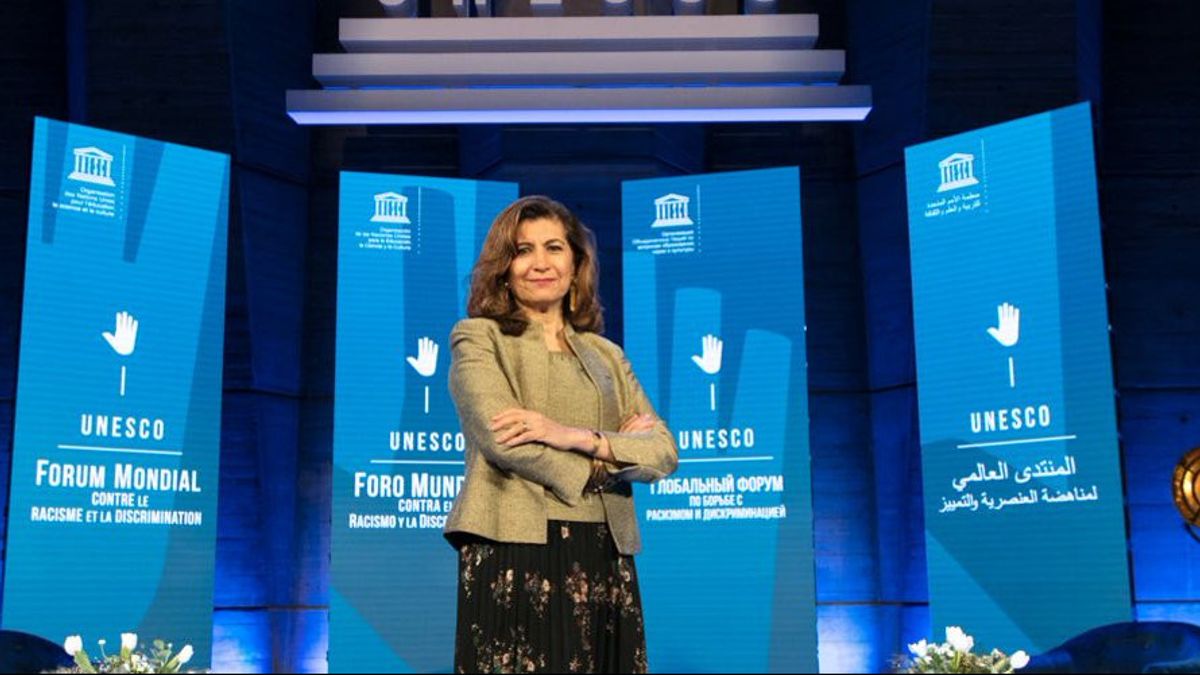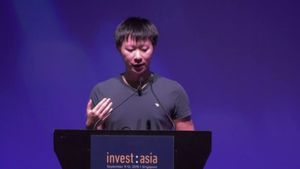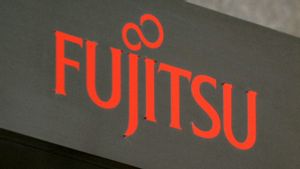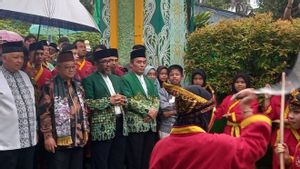The Netherlands and the United Nations are launching a project to help prepare national agencies in Europe in monitoring artificial intelligence (AI), in the next few months.
The project was carried out with the support of the European Commission and emerged before the AI Act was passed, which is a law that is expected to regulate the use of AI in Europe.
In this project, the United Nations Educational, Scientific and Cultural Organization (UNESCO) will gather information on how European countries currently oversee AI and compile a list of recommendations for "best practices" (best practices).
The Dutch digital infrastructure agency (RDI) will assist UNESCO in communicating and meeting with national working groups from all over Europe, including the first meeting on Thursday 5 October in The Hague.
"What we are learning here, I guarantee, will be the basis for many discussions that occur at the same time around the world," Gabriela Ramos of UNESCO said.
VOIR éGALEMENT:
UNESCO has been an important voice in the debate over AI, with ethical guidelines put forward in 2021 adopted by all 193 member states, although not legally binding.
Nathalie Berger, director at the European Commission's service helping countries implement reforms, said the AI Act would be passed this year, but would take an additional two years to come into full force.
"Supervision is the absolute key to ensuring that everything goes well in practice," Berger said.
The English, Chinese, Japanese, Arabic, and French versions are automatically generated by the AI. So there may still be inaccuracies in translating, please always see Indonesian as our main language. (system supported by DigitalSiber.id)


















